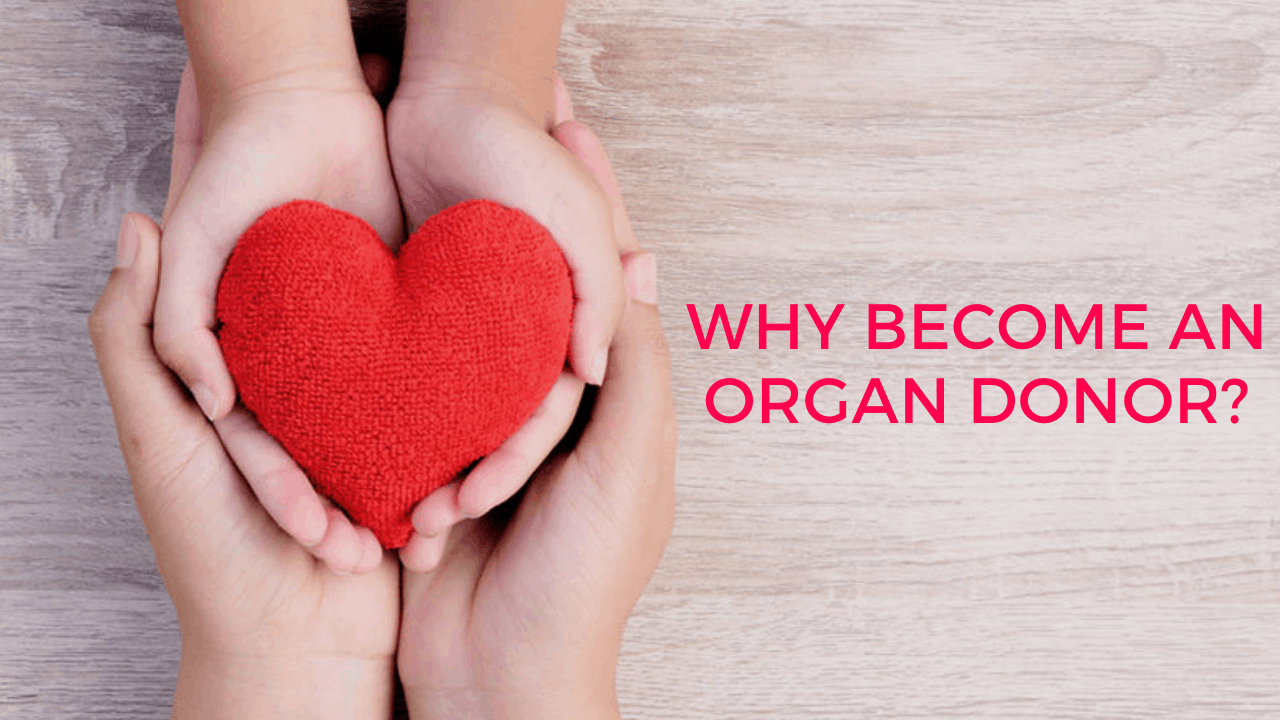
If you are a person who is between the ages of 18 to 60 years then you can become a potential organ donor. However, people suffering from HIV are not eligible for organ donation. The organs that can be donated include heart, kidneys, intestines, lungs, liver as well as pancreas. This is why we recommend you to register yourself for organ donation.
Be aware of this but if one person decides to donate an organ, he can save up to 8 lives. These 8 people are those who are in need of an organ for survival.
Instead, you receive blessings and positivity from the family who receives the organs.
By donating an organ you do not just lend the missing organ to be replaced but you give people a new life that they have always longed for. There are infinite numbers of people who are in need of organs for transplant so that they can get out of their hospital beds and be a part of normal life.
None of us is immortal. However, organ donation lets you live after your death. Your family can cherish your presence, who survive using your organs.
You might have felt that peace within you when you help a person who is in need of money or any other thing. The amount of satisfaction and peace that you get by lending someone an organ is far more than that you get otherwise. Feeling of being an organ donor can in no way be compared to the happiness that you get from the possession of any materialistic thing. The feeling of saving lives is inexplicable.
If you are going through this article, it means that you are interested in making the donation of your organ which further implies that you are a person with a golden heart. It also suggests that you are involved in making charities and donations in terms of goods and services and derive happiness and satisfaction from doing the same. However, you need to know that this is the biggest charity that you can ever make.
Step By Step Organ Donation Process
It is the Organ Retrieval Banking Organisation (ORBO) that coordinates the process of cadaver organ donation. This implies the organ donation that takes place after death and transplantation. You can be an organ donor in two ways.
You can obtain the organ donor form from ORBO, personally or via mail. Also, you can download the form from the website, that is, www.orbo.org. This form is available free of cost.
You simply need to fill up a donor form. While you do so, there must be two witnesses present. One of the witnesses needs to be a near relative.
Send the fully filled form to ORBO.
Once the form is received, ORBO provides you an organ donor card that contains a registration number. Keep this donor card with you all the time.
Share your decision of organ donation with family.
If a person dies without registering for organ donation then the family members can donate his/her organs after signing a consent form, provided on the spot.
After receiving the written consent, the organs are harvested within a few hours.
The family has to face no extra burden while the transplant coordination team follows the process and hands over the body of the deceased to the family in a dignified way. There is no disfigurement with the body being capable of viewed similar to that in case of death and there is no need to delay the funeral arrangements.
The steps in both cases are easy to follow. With just a few steps to follow, you can be a life saviour to those in need.